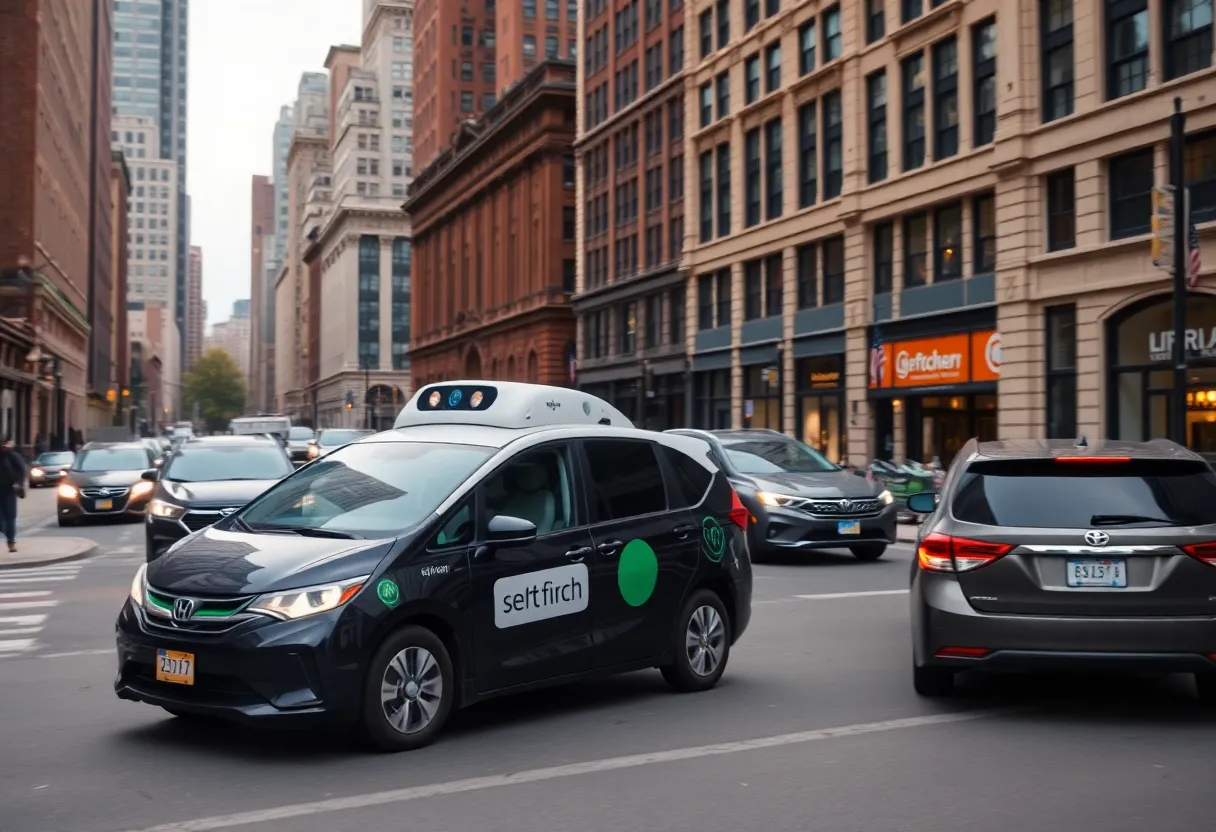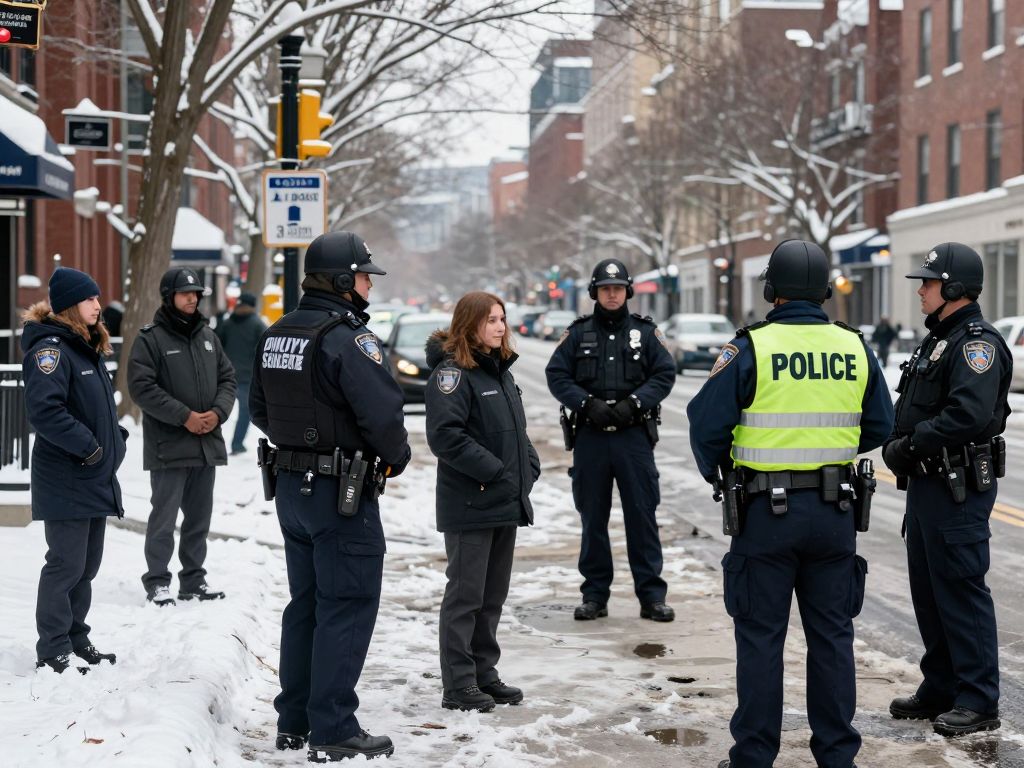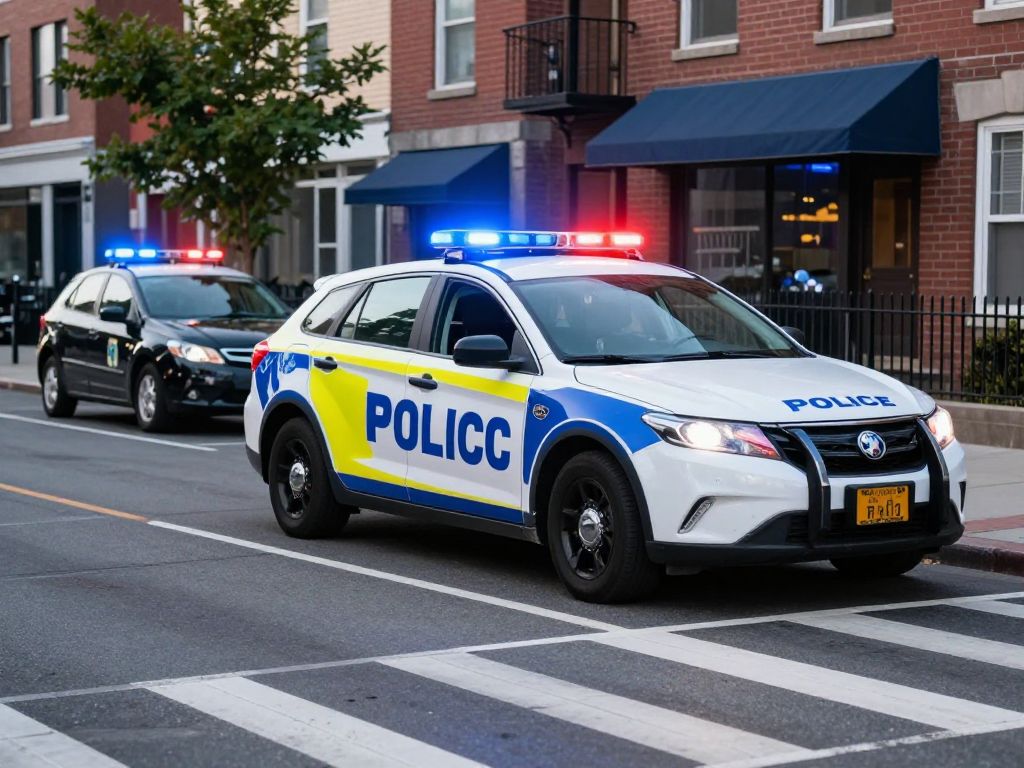News Summary
Residents of Boston are expressing mixed reactions as Waymo, the self-driving taxi company, begins preliminary mapping in the city. The company is gathering data using human-operated autonomous vehicles to understand Boston’s challenging driving environment. While Waymo’s technology has succeeded in other cities, locals are skeptical about its ability to adapt to Boston’s notorious driving habits, unpredictable street layouts, and harsh weather conditions. Concerns have emerged regarding the safe integration of autonomous vehicles into a city known for its aggressive driving culture.
Boston residents are reacting with a mix of excitement and skepticism as Waymo, the self-driving taxi company, begins preliminary mapping of the city. The mapping involves human-operated autonomous vehicles collecting data on Boston’s unique driving conditions. While the company has successfully launched operations in cities like Phoenix and San Francisco, locals are questioning how well the technology will adapt to the notorious driving habits and unpredictable street layouts that characterize Boston.
Concerns arose on social media platforms, particularly Reddit, as Bostonians expressed apprehension about Waymo’s cautious driving style. These concerns reflect the aggressive driving culture prevalent in the city. Many residents doubt whether a neural network can accurately learn and respond to Boston’s complex driving customs, especially given the city’s history of erratic traffic behavior. Locals humorously remarked that navigating the infamous Dorchester rotary would pose a significant challenge for Waymo’s technology, as Boston’s streets often lack predictable patterns.
Waymo’s mapping project aims to prepare for future autonomous ride-hailing services in the area. Currently, vehicles are manned by human operators while they gather data, which is essential for understanding how to navigate the intricacies of Boston’s roadways. The company is planning expansions into other cities, including Atlanta, Washington D.C., and Miami, following its previous successful operations.
The Massachusetts Department of Transportation (MassDOT) plays a crucial role in regulating self-driving cars. The agency requires companies like Waymo to document detailed safety assessments and prior testing experiences before they can operate their vehicles on public roads. This oversight is especially important given Boston’s reputation for being a challenging environment for autonomous vehicles. The city’s streets, originally designed for horse-drawn carriages, feature narrow lanes, frequent construction, double-parked vehicles, and varying traffic rules that complicate navigation.
Historically, the city has implemented safety measures, such as reducing speed limits and adding speed humps, to manage the aggressive driving tendencies of its residents. Despite these measures, questions remain about the feasibility of autonomous cars traversing roads where human behavior is unpredictable. Waymo reports a considerable reduction in crashes and injuries with their autonomous fleet, claiming a 78% drop in incidents causing injury and no fatalities during operations in other cities.
One of the significant challenges of operating in Boston is its harsh weather conditions. Snow, in particular, poses a potential threat to the effectiveness of autonomous vehicle sensors, which may struggle to maintain visibility during severe storms. As past autonomous vehicle initiatives, such as those from Optimus Ride and Motional, have encountered difficulties in navigating Boston’s complex road conditions, some residents are skeptical about whether Waymo can succeed where others have not.
As Waymo continues its mapping efforts, Bostonians are considering how the presence of self-driving cars might affect their daily commutes. There is potential for changes in driving patterns, as residents adjust to the new technology sharing the road. Waymo officials have emphasized the importance of understanding local driving culture and collaborating with the community, which may mitigate some of the skepticism surrounding the implementation of autonomous vehicles in the city.
As for the timeline of introducing a fully autonomous ride-hail service in Boston, experts remain divided. Some suggest that there is a 50-50 chance that a service could be operational within the next year. This uncertainty keeps residents on edge about what the future holds for self-driving technology in their bustling urban environment.
Deeper Dive: News & Info About This Topic
HERE Resources
Waymo Begins Mapping Boston for Autonomous Vehicle Operations
Waymo Begins Mapping Boston for Autonomous Ridesharing
U.S. Department of Transportation Unveils New Automated Vehicle Framework
Additional Resources
- NBC Boston
- Wikipedia: Self-driving car
- Boston Globe
- Google Search: Waymo Boston
- MassLive
- Encyclopedia Britannica: Autonomous vehicle
- CBS News Boston
- Google News: Waymo Boston

Author: STAFF HERE BOSTON WRITER
The BOSTON STAFF WRITER represents the experienced team at HEREBoston.com, your go-to source for actionable local news and information in Boston, Suffolk County, and beyond. Specializing in "news you can use," we cover essential topics like product reviews for personal and business needs, local business directories, politics, real estate trends, neighborhood insights, and state news affecting the area—with deep expertise drawn from years of dedicated reporting and strong community input, including local press releases and business updates. We deliver top reporting on high-value events such as Boston Marathon, Head of the Charles Regatta, and Boston Harborfest. Our coverage extends to key organizations like the Greater Boston Chamber of Commerce and Associated Industries of Massachusetts, plus leading businesses in finance, biotech, and insurance that power the local economy such as Fidelity Investments, Biogen, and Liberty Mutual Insurance. As part of the broader HERE network, we provide comprehensive, credible insights into Massachusetts's dynamic landscape.





